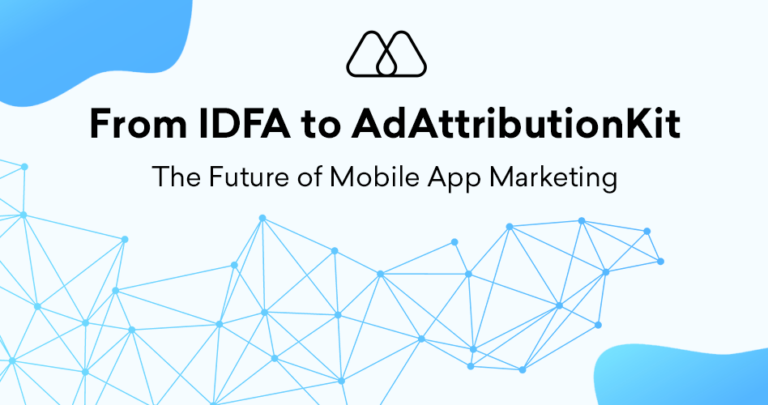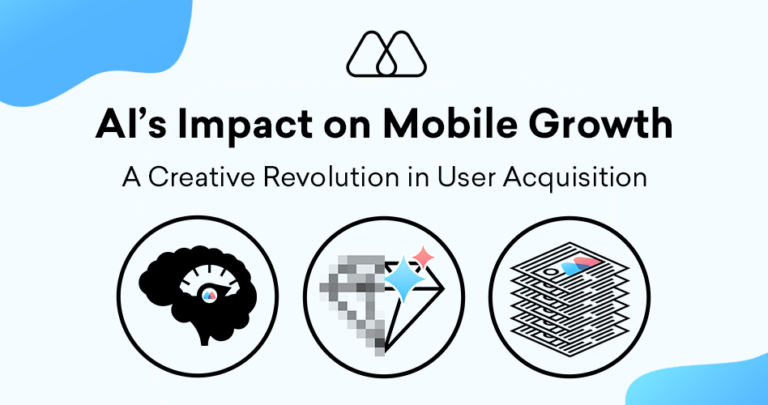In the ever-evolving mobile advertising landscape, accurately attributing user actions to specific marketing efforts remains a critical challenge. With the rise of privacy regulations and the decline of identifier availability, deterministic attribution emerges as a powerful tool for marketers seeking to gain granular insights into user journeys and campaign effectiveness. This article delves into the concept of deterministic attribution in mobile advertising, explores its definition, functionalities, advantages, and limitations compared to probabilistic models, and best practices for implementation within a privacy-conscious ecosystem.
What is Deterministic Attribution in Mobile Advertising?
Deterministic attribution is a data-driven attribution model within mobile advertising that relies on persistent and identifiable data points to precisely attribute user actions (e.g., app installs, and in-app purchases) to specific marketing channels and campaigns. Unlike probabilistic models which estimate attribution based on statistical likelihood, deterministic attribution offers a clear line of sight between user exposure to an ad and the subsequent actions within the app.
How Does Deterministic Attribution Work?
Here’s a breakdown of the deterministic attribution workflow in mobile advertising:
- User Identification: A unique and persistent identifier (e.g., user ID, hashed email address) is associated with the user across different touchpoints.
- Ad Impression Tracking: When a user encounters a mobile ad, the identifier is embedded within the ad creative or attached to the click URL.
- Click Registration: If the user clicks on the ad, the ad network or platform captures the identifier and click data.
- App Install or Action: If the user downloads and installs the app or completes a pre-defined action within the app, the identifier is passed back to the attribution provider along with the conversion details.
- Attribution Matching: The attribution provider matches the identifier from the ad click with the identifier associated with the app install or in-app action, definitively attributing the conversion to the specific ad and campaign.
Deterministic Attribution vs. Probabilistic Attribution
Probabilistic attribution models have been widely used in mobile advertising. These models analyze user data across various touchpoints and employ statistical algorithms to estimate the likelihood of a specific marketing touchpoint influencing a conversion. Here’s a table outlining the key differences between deterministic and probabilistic attribution:
| Feature | Deterministic Attribution | Probabilistic Attribution |
| Data Reliance | Persistent user identifiers | Aggregated user data sets |
| Attribution Accuracy | Precise attribution | Statistical estimation |
| Transparency | A Clear line of sight | Limited visibility |
| Privacy Considerations | Requires user consent | May leverage anonymized data |
Benefits of Deterministic Attribution in Mobile Advertising
Deterministic attribution offers several advantages for mobile app marketers seeking a clearer understanding of user acquisition and engagement:
- Precise Attribution: Removes the guesswork from attribution by definitively identifying the marketing touchpoint that led to a conversion.
- Campaign Optimization: With granular data on campaign performance, you can identify high-performing channels and optimize your marketing spend for maximum return on investment (ROI).
- Improved Measurement: Allows more accurate measurement of user lifetime value (LTV) by precisely linking user acquisition channels to long-term user behavior within the app.
- Deeper User Journey Insights: By understanding the specific touchpoints that influence user actions, you can gain valuable insights into user journeys and tailor your marketing strategies for optimal user engagement.
- Privacy-Compliance Potential: Comply with evolving privacy regulations when implemented with user consent and proper data security measures.
Limitations of Deterministic Attribution in Mobile Advertising
While offering significant benefits, deterministic attribution also has limitations to consider:
- Reliance on Identifiers: Privacy regulations and user opt-out choices can impact the availability and persistence of user identifiers.
- Privacy Concerns: Collecting and utilizing user identifiers raises privacy concerns. Transparency and user consent are paramount for ethical implementation.
- Limited Scalability: Not as scalable as probabilistic models, especially for large-scale campaigns targeting diverse audiences.
Best Practices for Implementing Deterministic Attribution
Here are some best practices to ensure successful implementation of deterministic attribution in your mobile advertising campaigns:
- Prioritize User Consent: Obtain explicit user consent for identifier collection and data usage within your app, adhering to all relevant privacy regulations (e.g., GDPR, CCPA).
- Partner with Reputable Providers: Choose reliable attribution providers with robust security measures and a proven track record of privacy-compliant solutions.
- Integrate with Existing Tools: Ensure your chosen solution integrates seamlessly with your existing marketing analytics and measurement platforms for a holistic view of campaign performance.
- Focus on Actionable Insights: Don’t get bogged down in raw data. Leverage insights to make data-driven decisions and optimize your marketing strategies for improved user acquisition and engagement.
5 Key Takeaways from Deterministic Attribution
- Precise Attribution: Definitively assigns conversions to specific marketing efforts.
- Campaign Optimization: Granular data empowers you to optimize campaigns for better ROI.
- Improved Measurement: Accurately measure user value by linking acquisition channels to user behavior.
- Deeper User Journey Insights: Gain a clearer understanding of how users interact with your marketing touchpoints.
- Privacy-Conscious Implementation: Prioritize user consent and data security for ethical use.
Deterministic attribution is a powerful tool for mobile app marketers navigating the complexities of a privacy-centric advertising landscape. By understanding its functionalities, advantages, limitations, and best practices for implementation, you can leverage deterministic attribution to gain a deeper understanding of user journeys, optimize your marketing efforts, and achieve sustainable growth for your mobile app. Remember, a user-centric approach that prioritizes transparency and privacy compliance is crucial for maximizing the value of deterministic attribution in today’s mobile advertising ecosystem.




